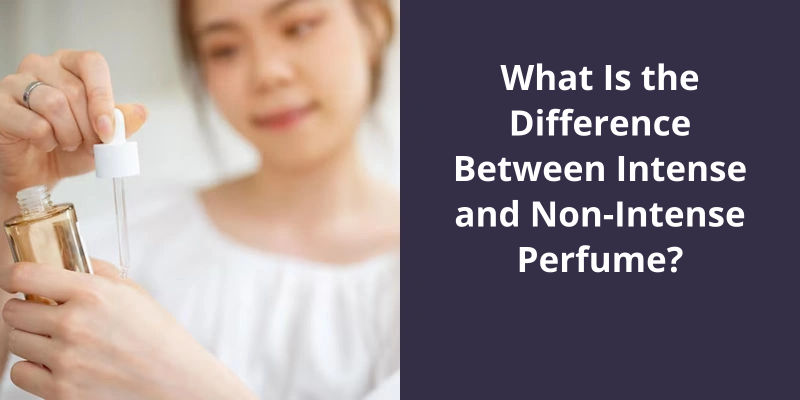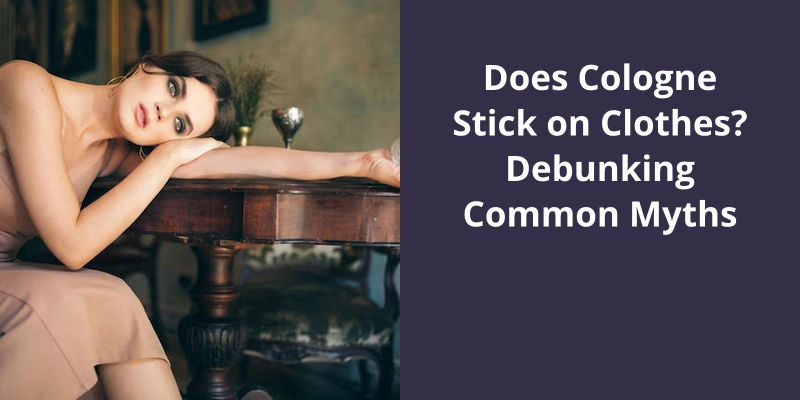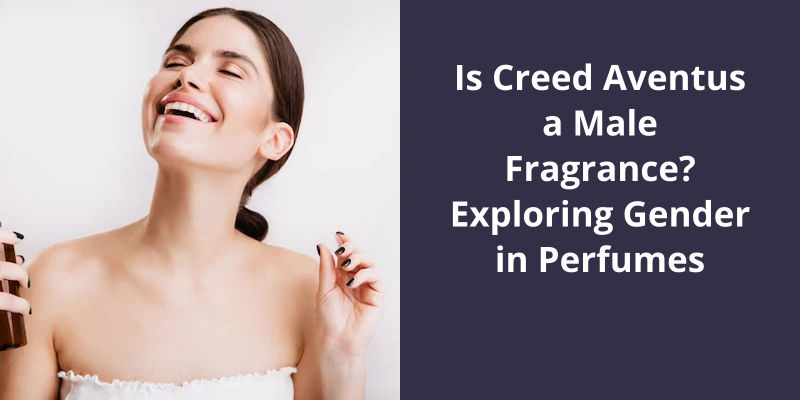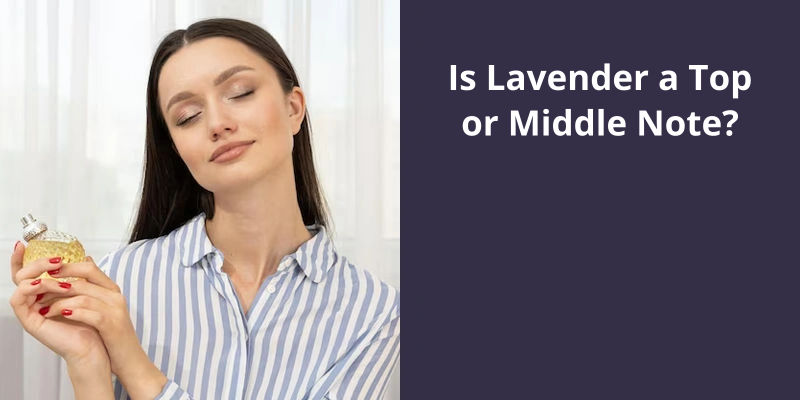The difference between intense and non-intense perfume mainly lies in the concentration of perfume oils. Intense perfume has a higher concentration of perfume oils, making it richer and stronger in scent. It also tends to last longer on your skin compared to non-intense versions. On the other hand, non-intense perfume, often referred to as regular perfume, generally contains lesser perfume oils and is lighter in scent. As a result, non-intense perfume might need more frequent re-application throughout the day due to its relatively shorter-lasting scent. However, the choice between intense and non-intense depends largely on individual preferences for scent strength and longevity.

What Does Intense Mean in Perfumes?
What sets intense perfumes apart is their ability to captivate the senses with just a few sprays. These fragrances are concentrated and possess a higher dosage of aromatic oils, making them last longer and project more strongly. The intense nature of these perfumes is achieved through a careful blend of top, middle, and base notes, which gives them a multi-dimensional and long-lasting effect.
In contrast, non-intense perfumes are typically lighter and more subtle in their aroma. They’re designed to be worn as a delicate and more understated fragrance option. These fragrances might be more suitable for settings where a less overpowering aroma is desired.
When selecting a perfume, it’s important to consider your personal style, the season, and the mood you want to convey. Both types of fragrances have their unique appeal and can be a reflection of ones personality and individuality.
The Different Fragrance Families and Their Characteristics in Intense Perfumes.
Intense perfumes differ from non-intense perfumes in terms of their fragrance concentration and longevity. Intense perfumes, also known as parfum or extrait de parfum, have a higher concentration of fragrance oils, typically ranging from 20% to 40%, which results in a stronger and longer-lasting scent. Non-intense perfumes, such as eau de toilette or eau de cologne, have a lower concentration of around 5% to 15%, making them lighter and less long-lasting.
Intense perfumes are often associated with richer and more complex fragrance profiles. They tend to contain a higher concentration of top, middle, and base notes, resulting in a more noticeable and multi-dimensional scent. Non-intense perfumes, on the other hand, usually have a simpler fragrance structure with fewer layers and a lighter overall scent.
Due to their higher concentration, intense perfumes are typically more expensive than non-intense perfumes. They’re also recommended for special occasions or when you desire a more impactful and long-lasting fragrance. Non-intense perfumes, with their lighter and more subtle scent, are often preferred for everyday use or in situations where a more discreet fragrance is desired.
In addition to the high-quality ingredients used in luxury perfumes, the concentration of these ingredients also plays a significant role in their longevity. This means that more expensive perfumes often contain a higher concentration of fragrance oils, which allows the scent to linger on the skin for a longer period of time. So, if you’re looking for a perfume that will last all day, investing in a higher-end option might be worth considering.
Does More Expensive Perfume Last Longer?
When it comes to the longevity of perfumes, the price tag can indeed make a difference. Expensive perfumes are often crafted with higher quality ingredients and a more intricate formulation process, resulting in a scent that lingers on the skin for a longer period of time. This is referred to as “scent payoff,” and it’s no mistake when expensive perfumes have the ability to last.
According to perfume experts, a luxury fragrance will almost always last longer on the skin than a less expensive one. The quality of ingredients used in high-end perfumes is often superior, allowing the scent to adhere to the skin and slowly release it’s notes throughout the day. These perfumes are carefully formulated to have a long-lasting effect, ensuring that you can still catch a whiff of the fragrance on your clothes or in the air even hours after application.
High-end perfumes typically have a higher concentration, known as eau de parfum or parfum, compared to cheaper alternatives. This means that more fragrance oils are present in each spray, allowing the scent to have a greater impact and longevity on the skin. Cheaper fragrances, on the other hand, often have a lower concentration, such as eau de toilette or cologne, which results in a shorter-lasting scent.
It’s worth noting, however, that the longevity of a perfume can also be influenced by individual body chemistry and how the fragrance interacts with your skin. Therefore, it’s always essential to test a perfume on your own skin before making a purchase, regardless of the price tag.
Crafted by master perfumers, these luxurious scents are designed to have a long-lasting effect, allowing you to enjoy the fragrance throughout the day.
Source: Do expensive perfumes stay on for a long time?..
Excessive use of fragrances can present various inconveniences, extending beyond it’s potential to deter others. Not only can overpowering perfume become a turnoff for those nearby, but it also has the potential to cause migraines or trigger allergic reactions in certain individuals.
Is Strong Perfume a Turn Off?
Strong perfume can indeed be a turn-off for many people. While some individuals enjoy the boldness and long-lasting scent of intense perfumes, others find them overpowering and overwhelming. The key difference between intense and non-intense perfumes lies in their concentration and potency.
It’s important to consider the impact of wearing a strong perfume in social settings. Too much fragrance can’t only be disruptive and distracting, but it can also cause physical discomfort for those around you. Some people are particularly sensitive to strong scents and may experience migraines or even allergic reactions when exposed to overpowering fragrances. Therefore, it’s essential to be mindful of those around you and choose a fragrance that’s appropriate for the occasion.
The Impact of Strong Perfume on People With Scent Sensitivities: This Topic Could Explore the Experiences of Individuals Who Are Particularly Sensitive to Strong Scents and the Physical and Emotional Discomfort They May Experience When Exposed to Intense Perfumes. It Could Also Offer Suggestions for Individuals With Sensitivities on How to Navigate Social Situations Where Strong Perfumes May Be Present.
- The experiences of individuals with scent sensitivities
- The physical and emotional discomfort caused by strong scents
- Suggestions for navigating social situations with strong perfumes
Conclusion
This makes them suitable for occasions that demand a stronger olfactory presence. On the other hand, non-intense perfumes, such as eau de toilette, may be better suited for everyday wear, providing a lighter and more subtle fragrance.





